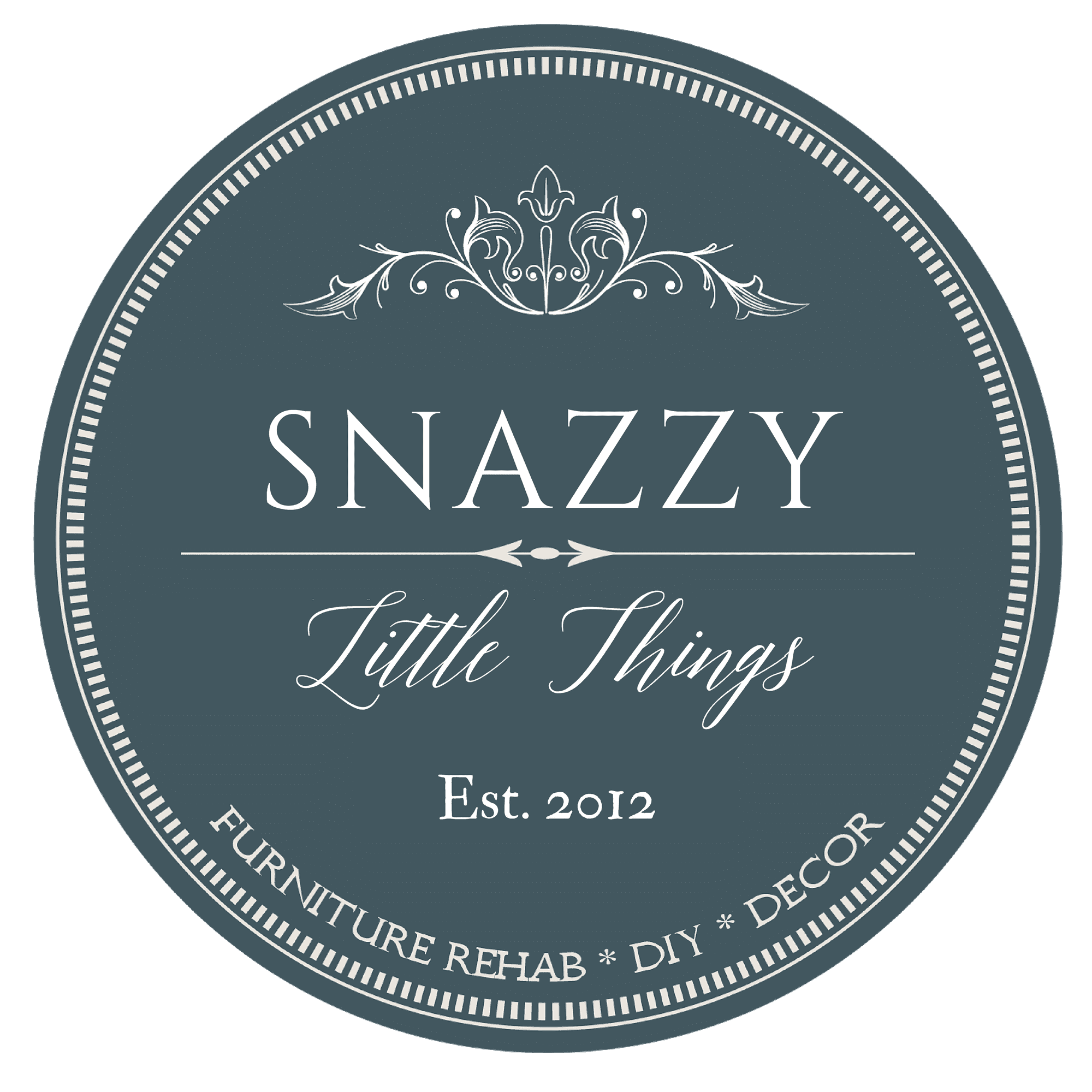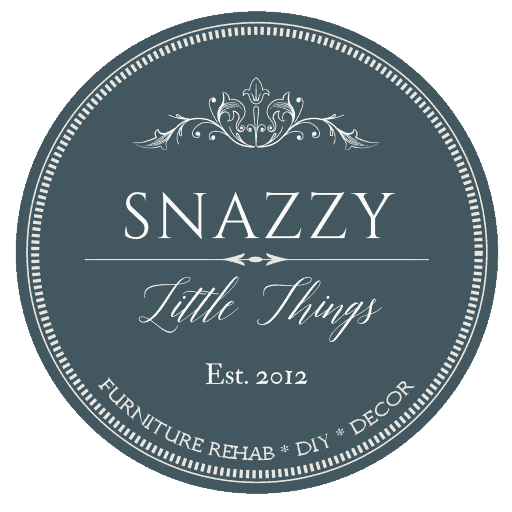How to Avoid Injuries While Cleaning Your Home
It’s the perfect time to start sprucing up your home in a way that you might not have in the past. Most of us are spending more time at home now due to the pandemic — a fact that can be fairly depressing to many. However, sheltering in place can take an even more emotional toll if you spend time in an environment that is unclean, disorganized, or unattractive.
Therefore, it’s important that individuals consider doing what they can do to keep their homes in order, both for their mental and physical well-being. Additionally, cleaning your home can allow you to feel more productive while you stop the spread of the COVID-19 virus.
However, there are some potential complications to consider before you begin cleaning — especially if you plan on taking part in heavy-duty cleaning. A lot of cleaning tasks are fairly straightforward and simple. But others, like scraping debris out of gutters, can put you at risk of being injured. This is especially true if you’re taking up heavy-duty cleaning for the first time in a while. Many people, for example, are injured when they begin cleaning their homes shortly before moving. It’s generally expected for sellers to clean their houses before moving out — and of course, tenants are often required to do some heavy-duty cleaning before they move out of rental homes. But as the average American homeowner will generally move every five to seven years, this means that more complex cleaning duties may go neglected. But at the same time, a good cleaning shouldn’t be put off or avoided, as it can ultimately make your home feel like new.
As you shelter in place throughout the winter, it makes sense that you would want to declutter and keep your home clean. With winter weather can come muddy and wet floors, after all, and the threat of COVID-19 may convince you all the more to clean your home thoroughly. But you need to prioritize your own well-being and avoid injuries while keeping your house spic and span. Here are just a few tips that can help you stay safe and make sure that your home is spotless.
1. Use Support When Lifting
It’s all too easy for people to become injured when lifting heavy objects. These injuries are particularly prevalent because we often don’t expect them to happen. We assume that we can lift heavy objects much like we would smaller objects; as long as we’re strong enough to pick them up, we shouldn’t have anything to worry about, right?
Unfortunately, that’s not always the case. People can experience muscle strains when attempting to lift objects that are really too heavy for them. Additionally, lifting objects incorrectly can cause undue pressure on the knees. This may not immediately create an injury, but it could later result in your knees becoming damaged. Another problem to consider is the dreaded back injury. People often don’t realize how severely they can injure their backs if they do not lift heavy objects properly.
There are a few steps that people can take to prevent severe injuries when they lift heavy objects. When you do lift heavy objects on your own, employ the right tactics and prepare before you attempt the lift. For example, try lifting from the knees rather than the back. Do not repeat the same motions too often; break lifting and moving heavy objects up over a few days if you’re lifting by yourself. Make sure that you’re wearing shoes that are not prone to slipping and take precautions to ensure that your toes are covered. Since you could very well end up dropping the object, you’ll want to protect your feet, as well. Remember that sometimes, you won’t be able to lift by yourself. There are tons of tools that can both help you clear out a space safely. Try renting a hand truck, as this could help you move objects quickly and efficiently without hurting yourself.
2. Avoid Slippery Surfaces
Do you realize how easy it is for you to seriously hurt yourself by slipping and falling during a cleaning session? The National Floor Safety Institute reports that slip-and-fall incidents are the leading cause of workers’ compensation claims. If those injuries are so common in professional environments, think of how easy it would be for you to hurt yourself while cleaning at home.
We set ourselves up for these types of injuries, in some cases. There’s nothing wrong with you mopping your floor, for example, as you should make sure that your home is as clean as possible. But the fact is that every time you create a wet surface, you should make sure that it’s dried completely before you continue cleaning. Make sure not to back yourself into a corner, either, and to make sure no one else in the home enters the space before the floors have dried. Additionally, you should avoid doing this kind of cleaning outdoors when the temperatures are cold, as you could create ice patches and other slipping hazards.
3. Make a Plan
You should approach cleaning systematically. Don’t think of cleaning in terms of doing everything at once, as tempting as it may be for you to strategize. Think about removing clutter before you begin scrubbing floors, for example. This will remove tripping hazards, and that will make you a lot safer.
Yes, this may require you taking more time as you clean. But being injured will slow your cleaning schedule, as well, since mild ankle sprains can take about 10 days to heal, while a more severe sprain can take several weeks to heal. By making a plan beforehand, rather than winging it, you can prevent injuries and keep yourself focused.
4. Take Breaks
Cleaning injuries can simply be the result of you become too tired and dehydrated. Therefore, you should always take breaks and make sure that you’re drinking enough water as you clean. Additionally, you need to make sure that you aren’t necessarily cleaning in temperatures that are too high. This could cause you to experience heatstroke if you’re cleaning outside.
Think long and hard about how you’re cleaning if you really want to avoid injuries. Yes, this may cause you to take more time when you’re cleaning, and you may even need to rent certain aids and tools. But in the long term, it will be worth it; you can get the job done, and get it done safely.







